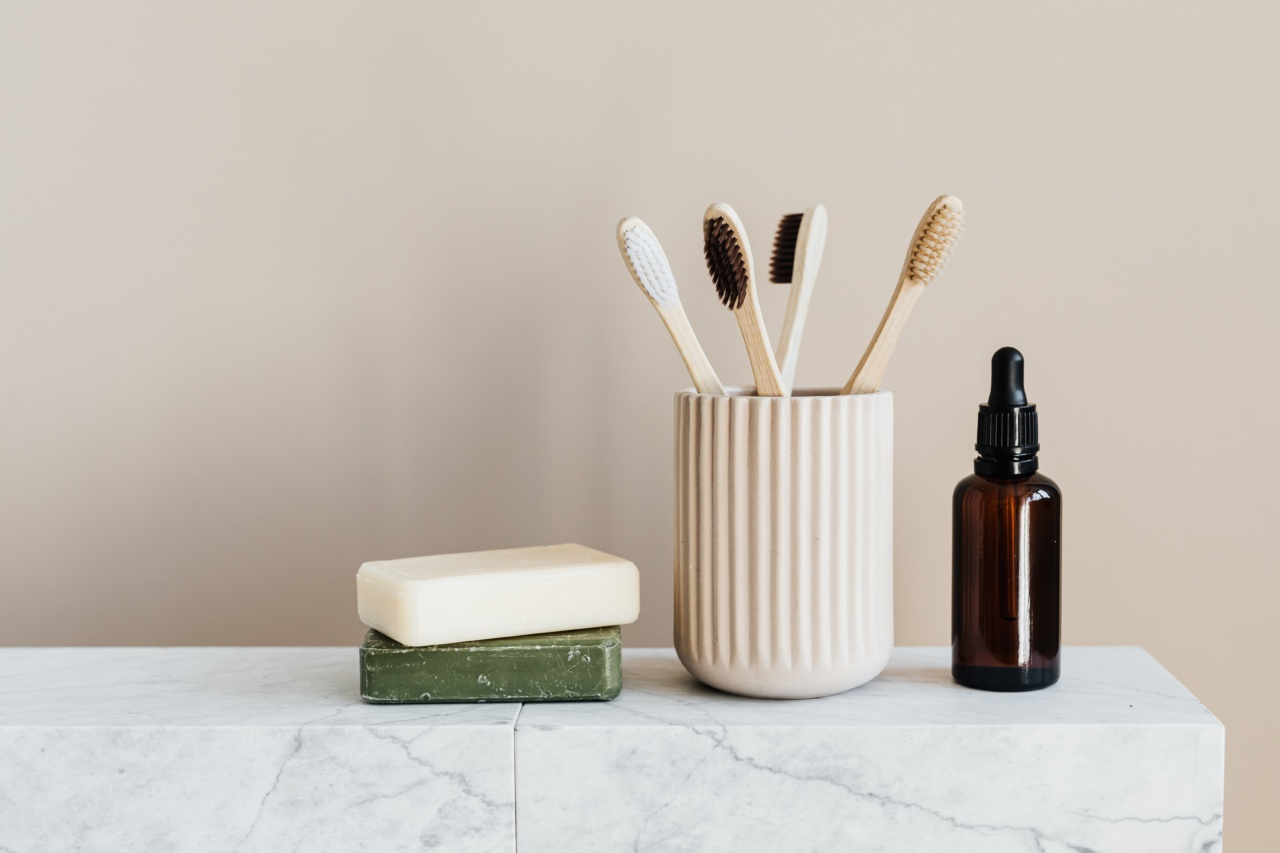Toothbrushes are an important tool in maintaining a healthy mouth, but did you know that they could be harboring bacteria and germs? Here are some shocking truths about your toothbrush.
1. Your Toothbrush Can Harbor Bacteria
Studies have shown that toothbrushes can become contaminated with bacteria, including harmful bacteria such as E. coli and staphylococcus. This can happen when toothbrushes are stored in moist environments, such as in the bathroom.
2. You Should Replace Your Toothbrush Regularly
Dentists recommend replacing your toothbrush every three to four months, or sooner if the bristles become frayed. This is because older toothbrushes are more likely to harbor bacteria.
It’s also important to replace your toothbrush after you’ve been sick, to prevent reinfection.
3. There Is a Right Way to Brush Your Teeth
Many people brush their teeth incorrectly, which can lead to dental problems. The proper technique is to hold the brush at a 45-degree angle to the gums, using gentle circular motions to brush both the teeth and the gums.
You should also brush your tongue to remove bacteria and freshen your breath.
4. Electric Toothbrushes are More Effective
Electric toothbrushes have been shown to be more effective at removing plaque than manual toothbrushes.
This is because they are able to generate more brushstrokes per minute, and because they often come with built-in timers to ensure that you brush for the recommended two minutes.
5. You Should Clean Your Toothbrush
It’s important to clean your toothbrush regularly to remove any bacteria or germs. You can do this by rinsing it thoroughly with water after each use, and by soaking it in mouthwash for a few minutes once a week.
It’s also a good idea to let your toothbrush air-dry between uses, to prevent the growth of bacteria.
6. Your Toothbrush Could Be Making You Sick
If your toothbrush is contaminated with bacteria, you could be at risk of getting sick. In rare cases, this could include infections such as pneumonia or endocarditis.
However, the risk of this happening is low, as long as you follow proper toothbrush hygiene practices.
7. You Should Store Your Toothbrush Properly
It’s important to store your toothbrush in a dry place, away from moisture. This can help prevent the growth of bacteria and germs.
You should also avoid storing your toothbrush in a closed container, as this can create a moist environment that is ideal for bacteria.
8. You Should Use the Right Toothbrush
There are many different types of toothbrushes on the market, and it’s important to choose one that is right for you. This could include a soft-bristled brush if you have sensitive teeth, or a small-headed brush if you have a small mouth.
Your dentist can help you choose the right toothbrush for your needs.
9. Children Need Special Toothbrushes
If you have children, it’s important to choose a toothbrush that is designed for their age group. This could include a brush with a smaller head and softer bristles, to make it easier to reach all areas of their mouth.
You should also supervise your child’s toothbrushing, to ensure that they are brushing properly.
10. Good Toothbrushing Habits Are Important
Finally, it’s important to develop good toothbrushing habits to maintain a healthy mouth. This includes brushing twice a day for two minutes each time, using fluoride toothpaste, and flossing daily.
You should also visit your dentist regularly for checkups and cleanings.
























